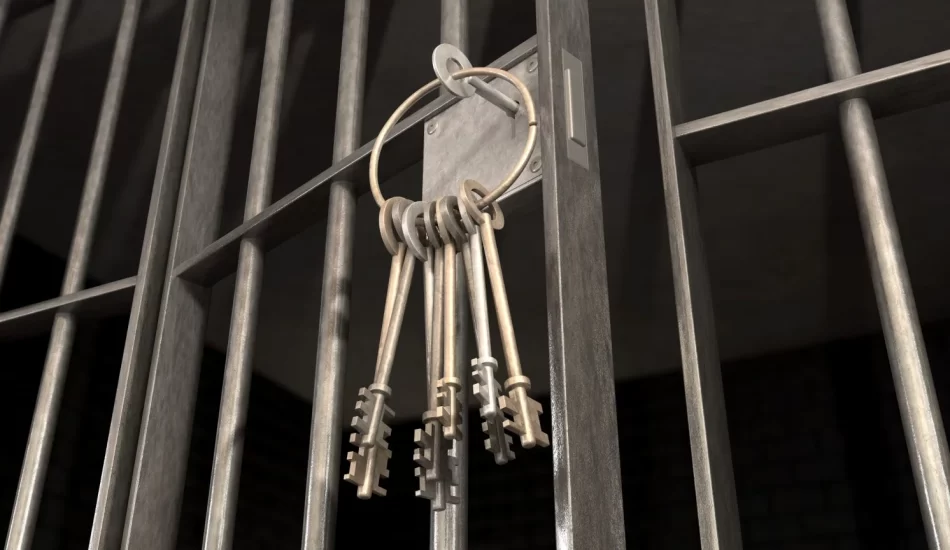What The End Of California’s Cash Bail System Could Mean For You

At the end of August, the California governor signed a bill to reform the bail system. The law eliminates the widely used cash-bail system and replaces it with a risk-based bail system.
The purpose of a cash-bail system was to ensure defendants show up in court. Bail would be set depending on the extremity of the alleged crime, with certain crimes having severe bails meant to deter release. Money will no longer be a factor in deciding who is released and who will be held imprisoned until trial. Each county in California will be required to use their own system of risk assessment. Factors considered will be probability of a defendant’s attendance at trial as well as probability of another offense before trial.
How Could the End of Cash Bail Affect My California Case?
According to the Superior Court of California County of Alameda’s 2017 bond schedule, the bail amount recommended for a first-time offense DUI is $5,000. A second offense has a recommended bail of $15,000. A study by the Federal Reserve found that nearly 50-percent of the population can’t pay for a $400 emergency if need be. Trying to pay a bail of $5,000 could devastate a person and their family financially. If the bail couldn’t be paid, that defendant would sit in jail until their case was seen in front of a judge. Looking at the new law in this way, it brings an equality to the bail system by deciding release focused on risk rather than a person’s financial means.
In addition, the new law could create equality in access to counsel. This means being able to meet with an attorney privately in person during pre-trial, rather than relying on in-prison phone conversations to be kept confidential.
However, there are questions as to whether this new system will be biased too. Depending on each court’s system, opponents of the law are concerned about potential racial discrimination, too much focus on crime category and giving too much power to judges. There is a chance, depending on the systems yet to be developed, that statistical systems could look at factors like neighborhood crime rates, which could indirectly enact racial discrimination when assessing for risk. Also, under the new system, if a judge found a defendant high-risk, it could be harder to appeal.
The new law is not scheduled to take effect until October 2019. If you have questions about a criminal offense in Alameda County not limited to DUI charges, domestic violence charges, white collar crimes or federal crimes, contact the Law Office of Louis J. Goodman. Our firm has defended the accused for over 30 years. We help our clients build a strong defense and reach favorable resolutions.
Request A Free Case Evaluation
Fields marked with an * are required
"*" indicates required fields



